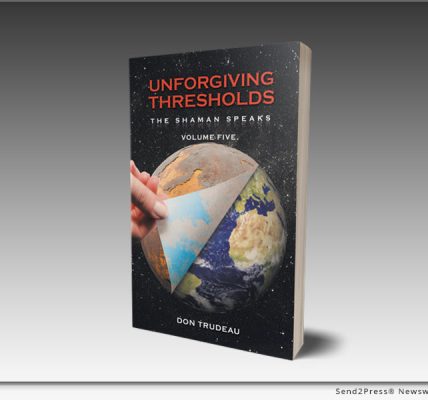Reform spent just £5.5m on the 2024 election, while Labour’s majority cost £30m – new data
The 2024 election was the most expensive in British political history, new figures confirm. Across parties, candidates and third parties, a whopping £94.5 million was spent. This compares with £72.6 million in 2019, which was a record high.
Some parties got a fantastic return on their investment. Others, to put it mildly, didn’t. I wouldn’t let those in charge of Conservative party coffers run your household, for example. They spent £23.9 million in 2024 to record their worst electoral showing in recent history.
Given that they won, Labour will consider the £30.1 million they spent on a huge – but shallow – majority money well spent. It is also easily the most they’ve ever spent on an election (although spending limits have recently been increased).
The real winners in 2024 though, certainly in terms of bang for their respective bucks, are Reform and the Lib Dems, both of which only spent around £5.5 million. To put that in direct context, the Lib Dems spent £14.4 million in 2019 for a far poorer result.
Want more politics coverage from academic experts? Every week, we bring you informed analysis of developments in government and fact check the claims being made.
Sign up for our weekly politics newsletter, delivered every Friday.
This also means that Reform entered parliament for the first time, won five seats and came second in 98 others on a relatively shoestring budget. They laid the groundwork for completely upending the British political system while only spending a fraction of what the established parties did.
A striking thing about the Reform spending is quite how much they used traditional media. Although they have a reputation for social media success, they spent £900,000 advertising with the Mail Online, Daily Mail, Mail on Sunday and the Telegraph – and £300,000 advertising with The Sun. In fact, at a time when we talk of the power of data-driven microtargeting on social networks, it seems they spent £2.2 million (40% of their total expenditure) on what we would understand as “traditional” media advertising.
Money does not reflect reality
These elections were fought under different rules and significantly higher spending limits than in previous contests. In 2023, the Conservatives raised how much parties could spend by 80%, to bring it in line with inflation (the prior spending limit was set in the year 2000). This meant parties could spend just over £34m in 2024 – but only Labour came close to this limit.
It’s clear, looking at these figures, that the money spent does not reflect political reality. The two traditional parties continue to spend far more than others, but the results from 2024 make a mockery of the spending limits currently in place.
Spending limits are implemented by those regulating money in politics to prevent money playing an outsize role. It is supposed to level the playing field in the same way that wage caps in certain sports intend to.
But if only two parties can even get close to the spending limit, with others fighting for scraps – albeit much more effectively – what is the need for the limit to be so high? And, as Reform and the Liberal Democrats have shown, a party can get its message out very well without coming anywhere near the spending limit.
Perhaps, given concerns about the rising power of mega-donors in UK politics – especially after Elon Musk’s threat of a £70 million donation to Reform – we should be thinking more carefully about limiting donations in UK politics. The financial story of the 2024 election, at least from a first glance, is one of complete profligacy from Labour and the Conservatives.
The wrong reforms ahead
On the same day as these figures were released, the government announced major reforms for the next election. These include votes at 16 and new rules on donations. My view, however, is that these reforms represent about the least ambitious approach one could take if the stated aim (which it apparently is) is the restoration of public trust. They wouldn’t, for example, prevent Musk from donating £70 million through X if he so pleased.
Spending limits are no longer fit for purpose. Instead, limits on donations are the only game in town. At the very least, corporate donations should be tied to profits in the UK – but above and beyond this, a cap of £1 million to £2 million should be on the table.
Recent experience from the US has shown how quickly an unregulated system can turn into an oligarchy. In 2024, the top 0.01% of donors accounted for over 50% of all money candidates raised. Many donors bankrolled parties to the tune of hundreds of millions of dollars, crowding out everything else. At least one of those donors went on to run a (quasi) government department.
Finally, it should also be noted that it is over a year after the election, and only now is the lid being lifted on what was spent during it. This is a significant (and unnecessary) failure in a system that holds transparency as its foundational ideal.
The Electoral Commission should be empowered to implement semi-automated AI tools of analysis, to move us closer to the ideal of real-time analysis of election spending (and any potential violations therein).
The 2024 figures show how much the landscape has changed. In the forthcoming elections bill, Labour need to meet the challenges where they actually are, not where they want them to be, if they are serious about restoring trust in politics.
Sam Power receives funding from the Engineering and Physical Sciences Research Council and the Economic and Social Research Council.


